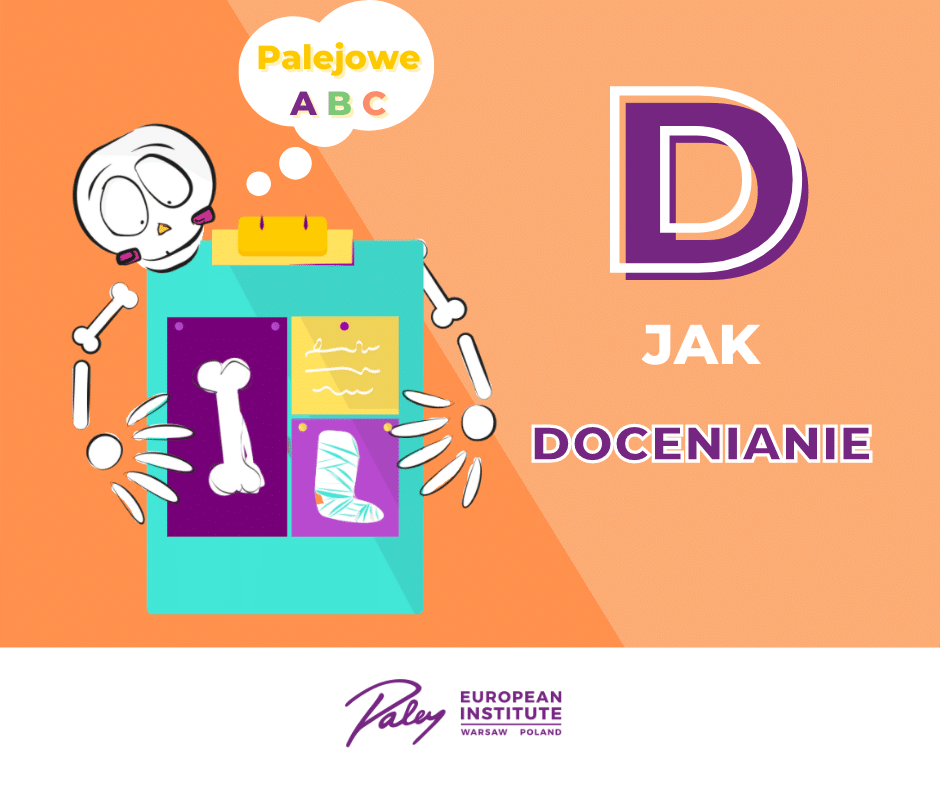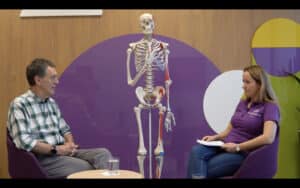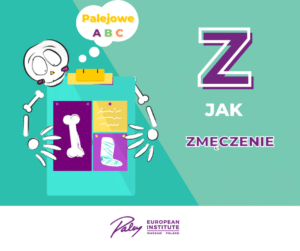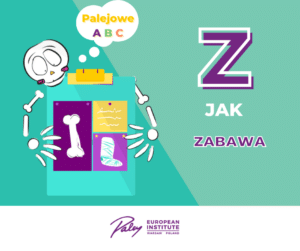When a baby is born, words of wonder come naturally and easily to parents. Caregivers enjoy every new skill the child learns, every word that is spoken, and the sweet smiles that the children can bestow on like no other.
Over time, as children become more and more independent, it becomes more difficult to arouse the same enthusiasm as they did in the first months or years of a child’s life. It is a natural process that allows parents to slowly prepare for the fact that their baby will someday become an adult and leave the family nest. Remember, however, that noticing and appreciating is of great value regardless of age. It is a sign of concern and faith in another person. As important as expressing appreciation for others is appreciating yourself and your efforts.
Researcher Carol Dweck emphasizes that it is the effort we put into the task that we should pay special attention to. She found that by praising someone’s efforts we help them develop a growth mindset. This focus on development leads to enjoying taking on new and difficult tasks. Such a person has more courage and the conviction that he will be able to cope, and if not – he will try again and finally solve the problem or learn something new.
Recognizing the efforts and efforts is especially important in the case of children who are still developing and learning not only about the world but also about themselves. When we praise children for how smart, beautiful and intelligent they are, it is paradoxical, instead of supporting them in building their self-esteem and self-confidence, we can prevent them from doing so. How? After all, when we compliment a child, we have good intentions and we want to show them how much we value them. It turns out, however, that by focusing on specific features, we strengthen the belief in children that they are clever, wise, quick-witted and intelligent and that this will not change. Children who hear that they are stupid, lazy and hopeless also develop a feeling that they will stay that way no matter what.
People who constantly hear what they are like in the eyes of others begin to see themselves this way. Therefore, they are reluctant to undertake new, difficult tasks, give up easily, do not take the initiative and quickly break down with failures.Children who hear that they are silly or lazy feel that they will not be able to cope with a difficult task anyway. By contrast, children, who are often praised for how smart and quick-witted they are, reject new challenges out of fear of failure. They are afraid that something will fail them, and failures will undermine their talents. They are afraid that in the eyes of other people they will no longer be so smart and clever. This effectively discourages them from taking up new challenges.
How, then, to support development orientation? How to appreciate a child to help him develop wings?
When you want to appreciate your child, focus on observations and facts.
Notice how much time and energy the child spent on the task. Be interested in the task, process, drawing that the child has created. Ask a few questions, ask what the child is most satisfied with and what he would like to improve.
If the child has failed in something, emphasize that he or she cannot do the thing or activity YET, but will soon learn.
This little word “yet” has great power. It shows the child that learning new skills is a process and encourages them to take up challenges.
Appreciate not only the child, but also yourself, your partner and the people around you.
Often our biggest critic is ourselves. We easily overturn our successes, undermine our skills, undermine our self-esteem by constantly comparing ourselves to other people. By approaching ourselves with greater gentleness, enjoying what we have already achieved and seeing our own efforts, we set an example for the child of how to approach new challenges. In turn, by expressing appreciation for other people, we help children develop social competences. The relationship of children with their parents is reflected in their friendships. When we notice and appreciate our children and other family members, it is more likely that children will notice and appreciate others.
Let’s show the children the value of group activities.
Some tasks require cooperation. No matter how much we want to, some things cannot be solved alone. The ability to act in a group and pay attention to the process and path leading to the goal is an extremely valuable resource.
Let’s teach children to solve problems in different ways.
Let us encourage them to share ideas and try to cope with difficulties, even if the previous methods have not worked. Children may become discouraged by trying to solve problems in the same ineffective way over and over again. Let us then support them in the search for new ideas and appreciate their efforts.
…………………………………………………………………….
Yeager, D.S., Dweck, C.S. (2012). Mindsets that promote resilience: When students believe that personal characteristics can be developed. Educational Psychologist






